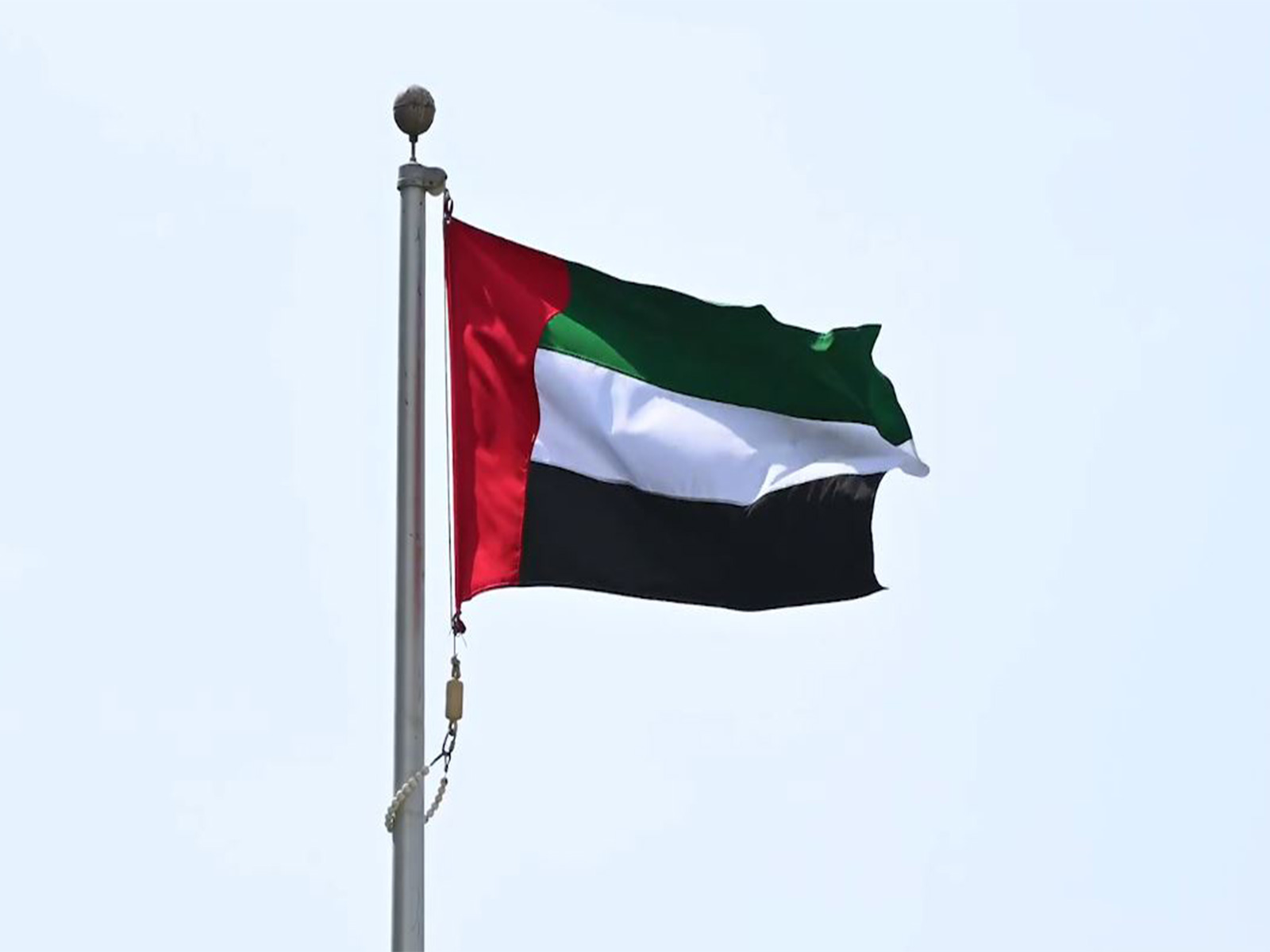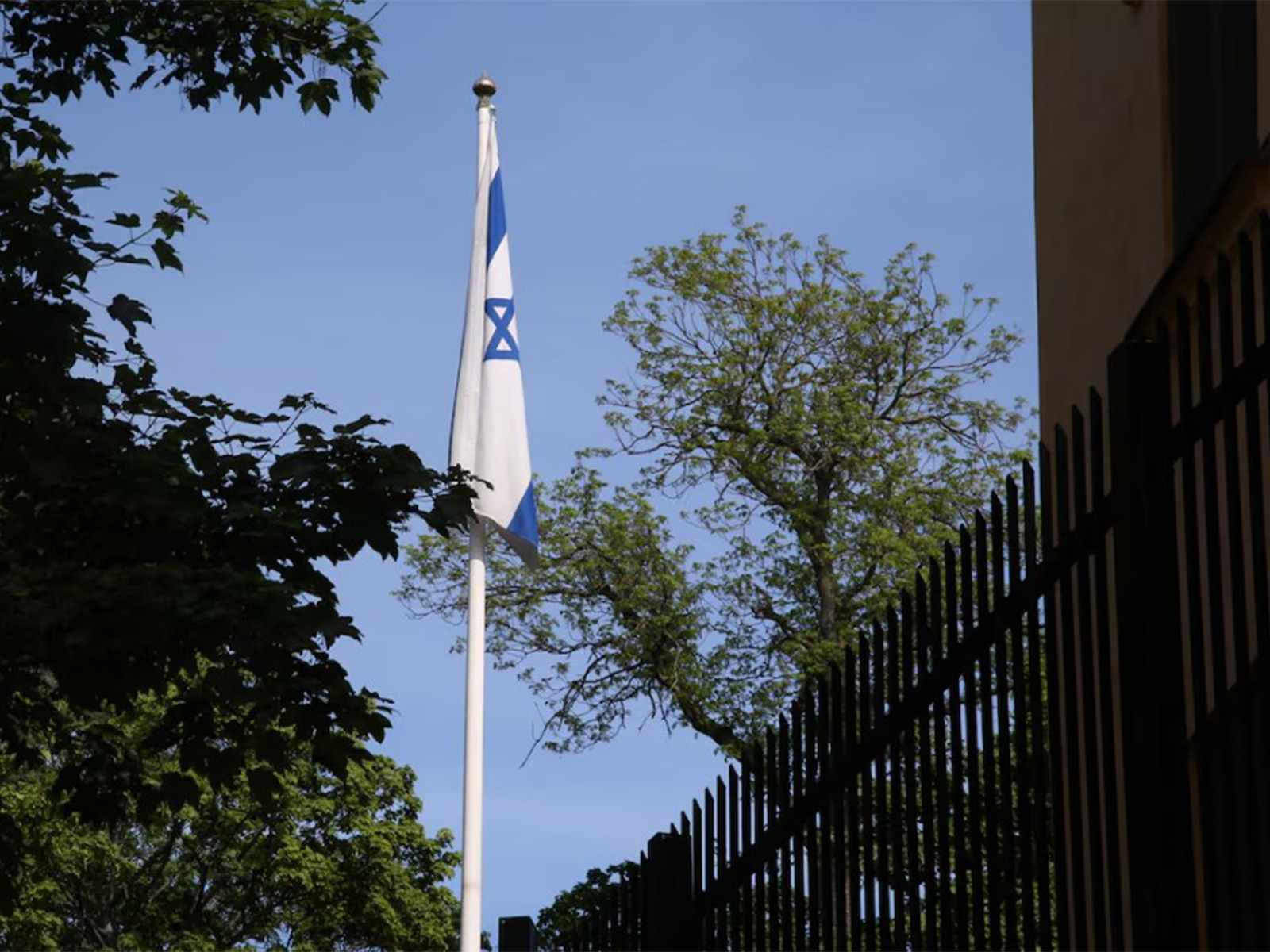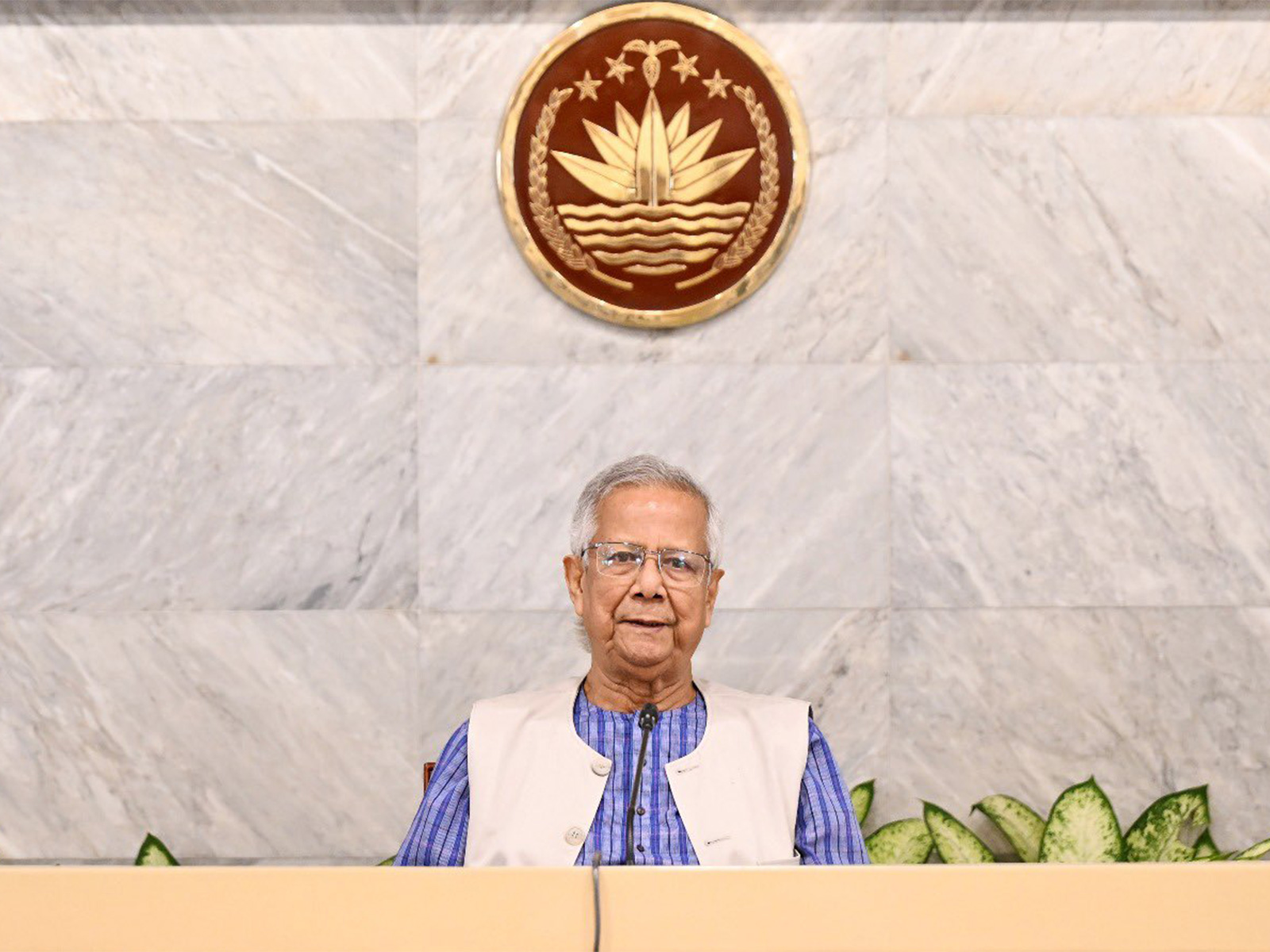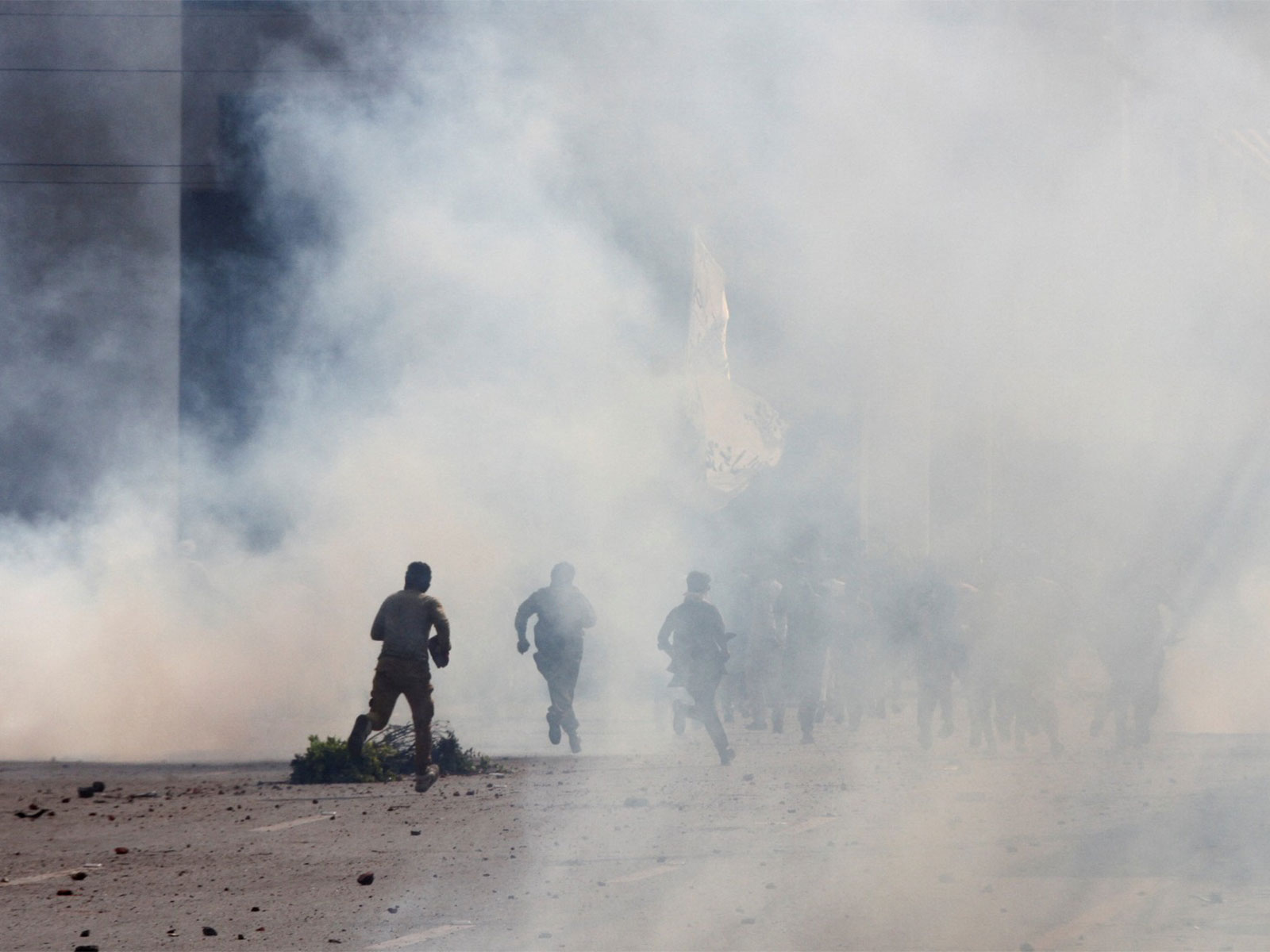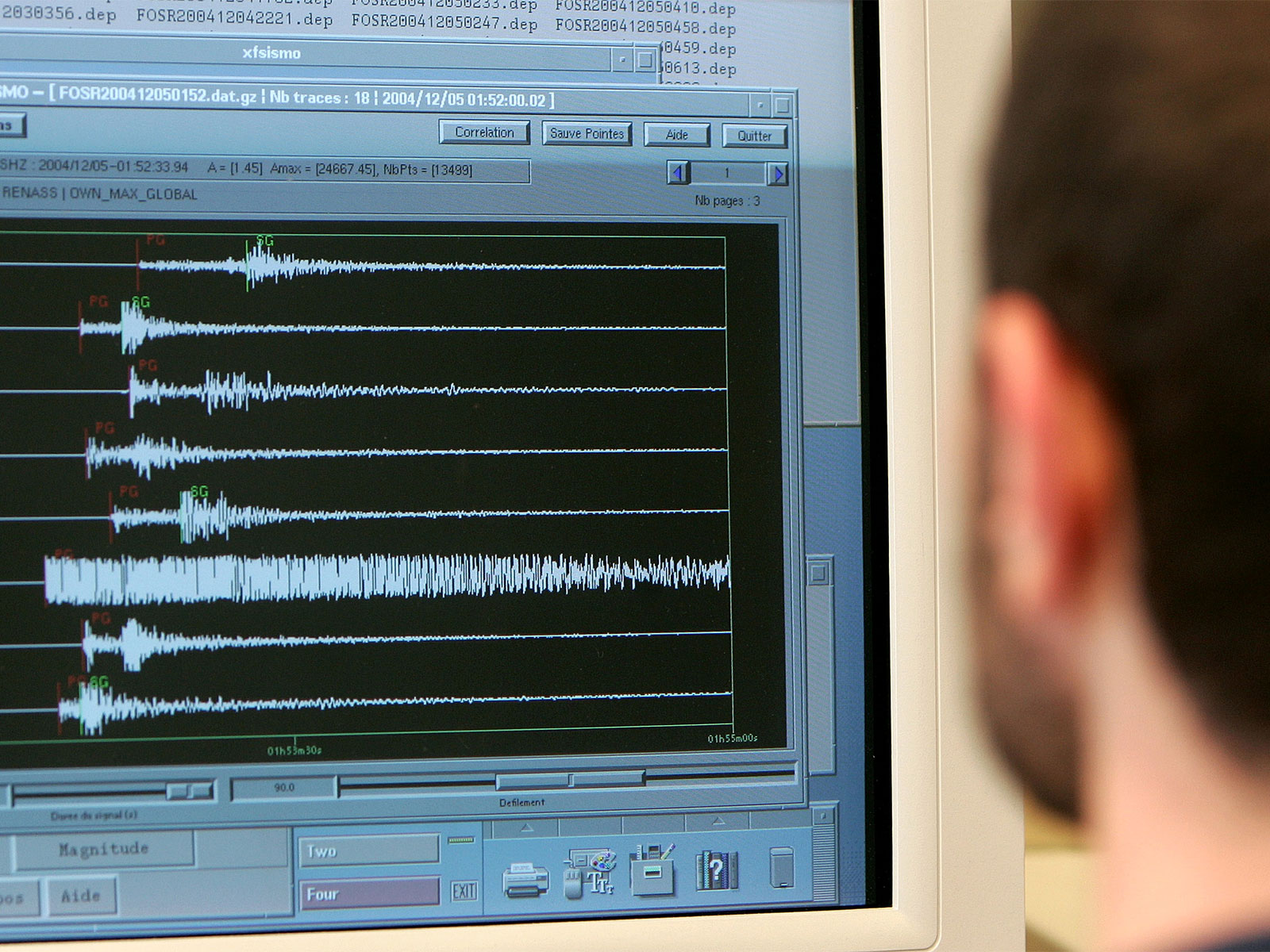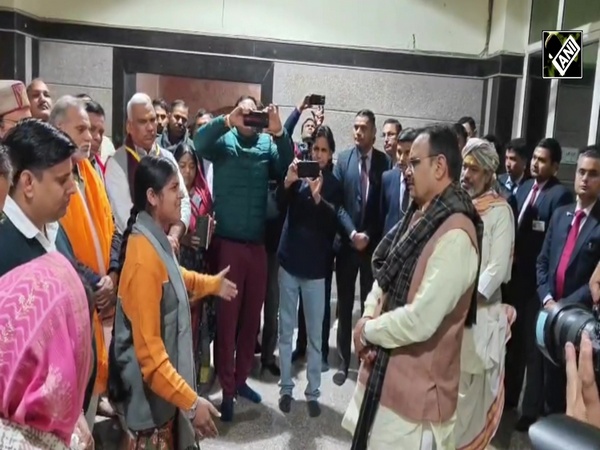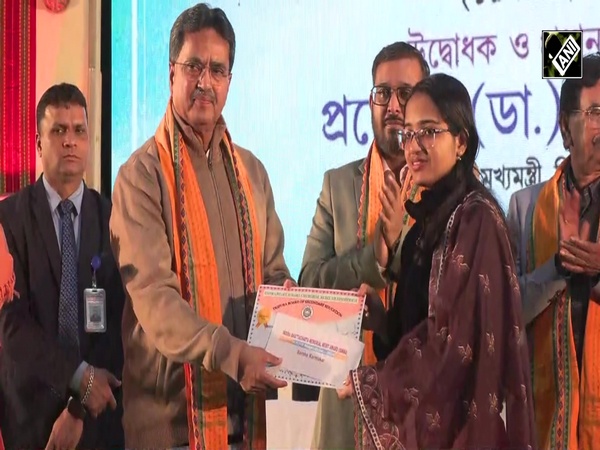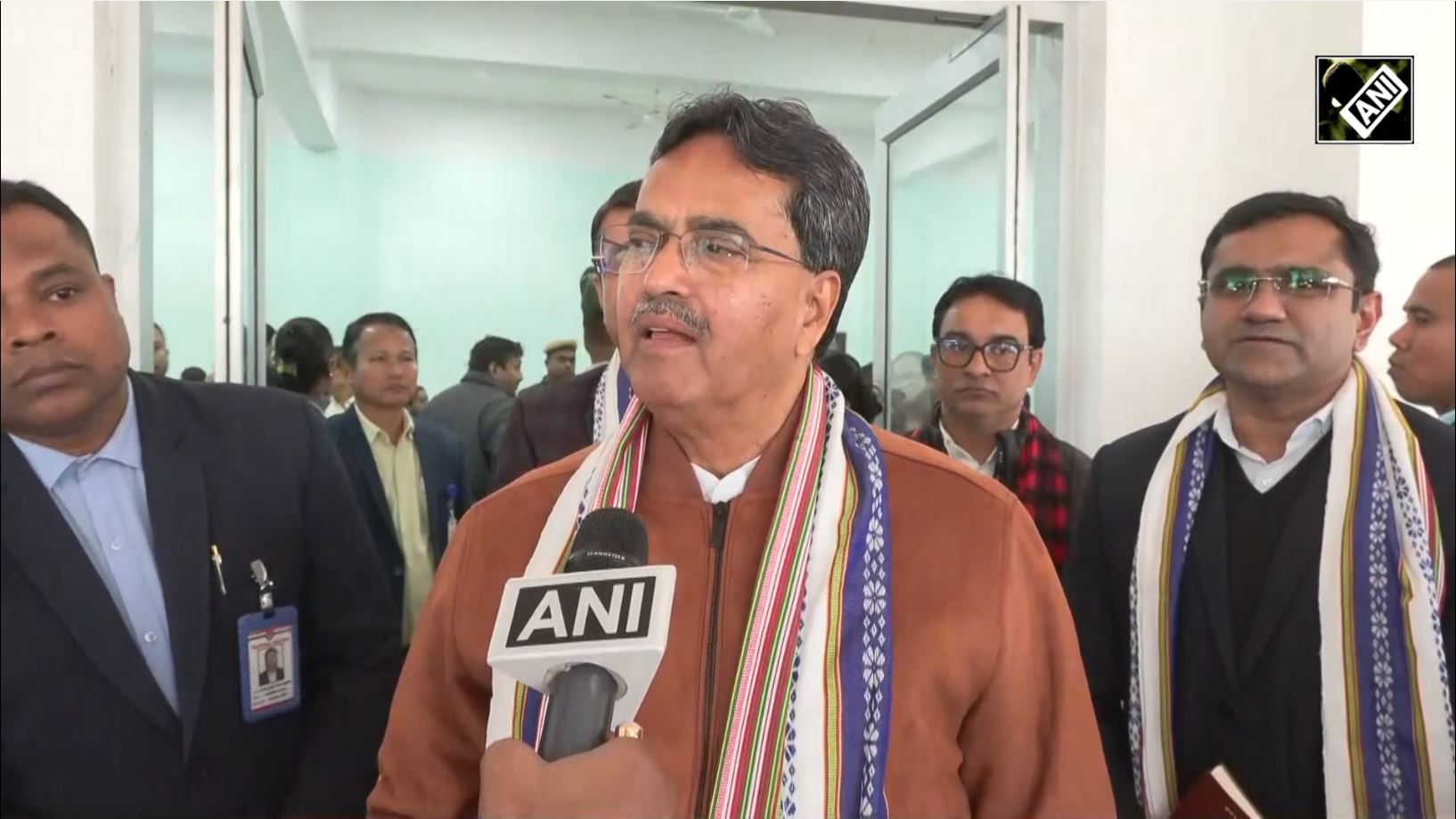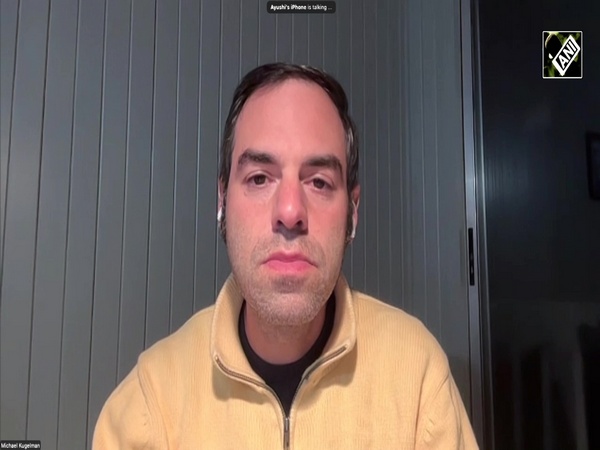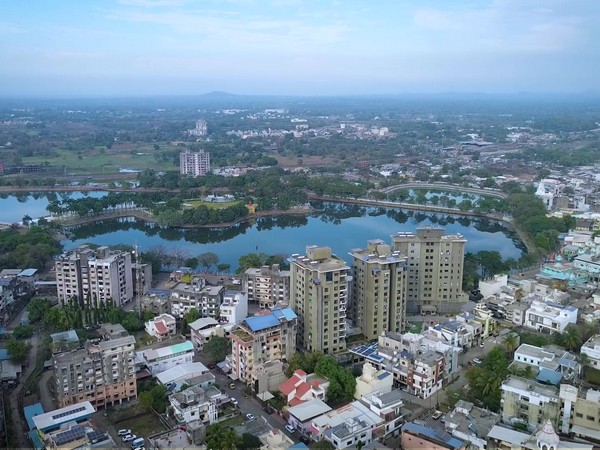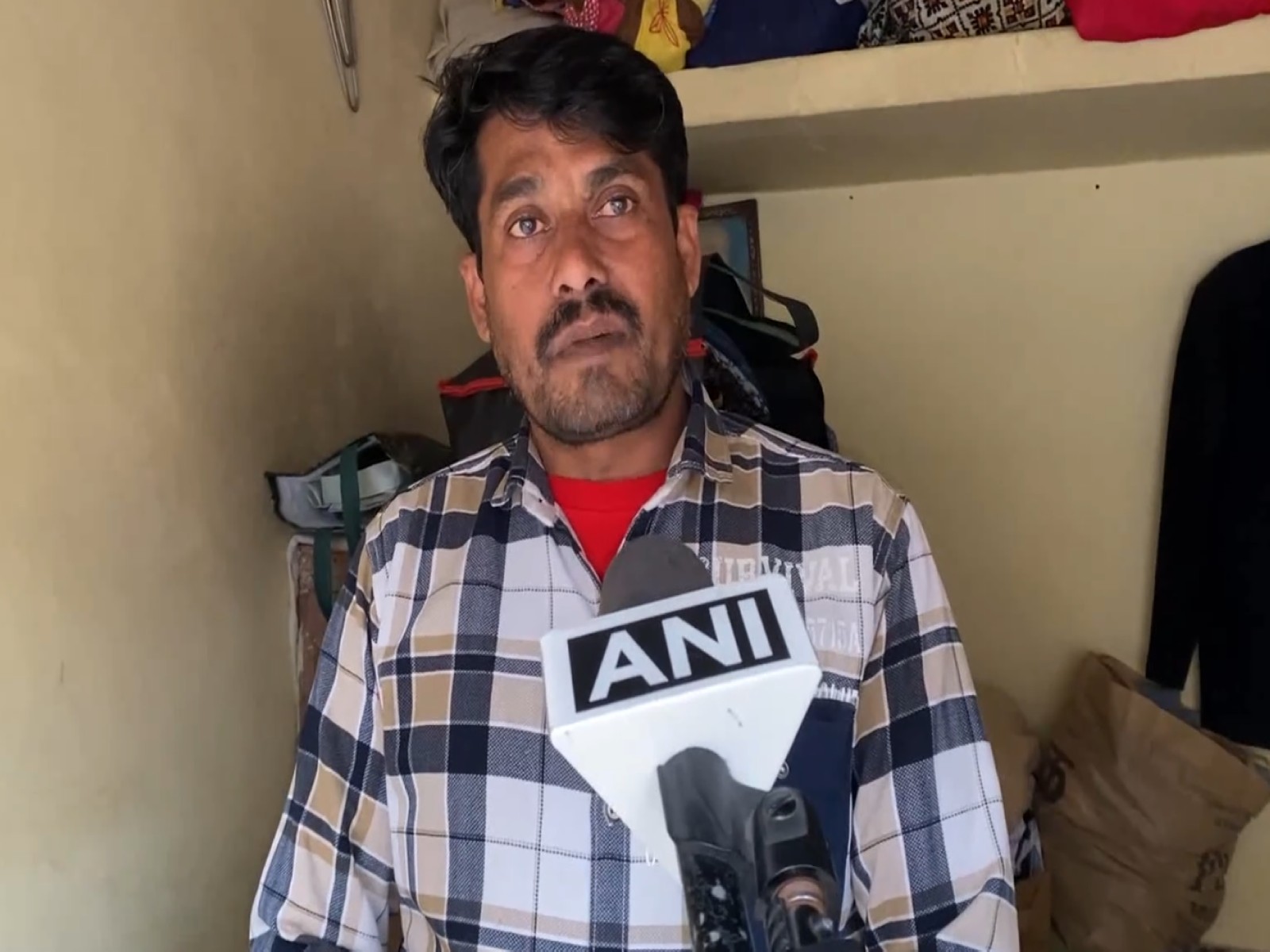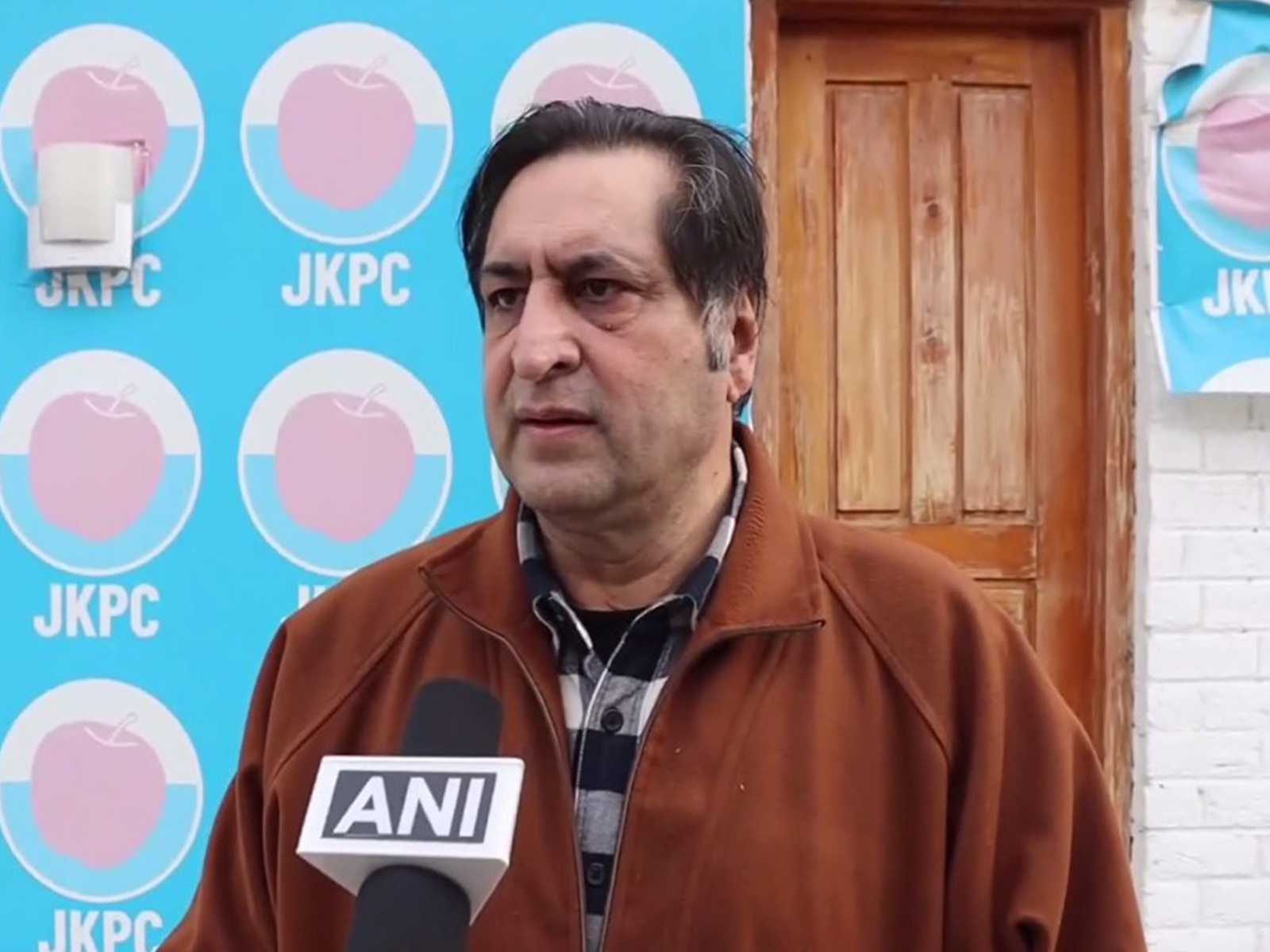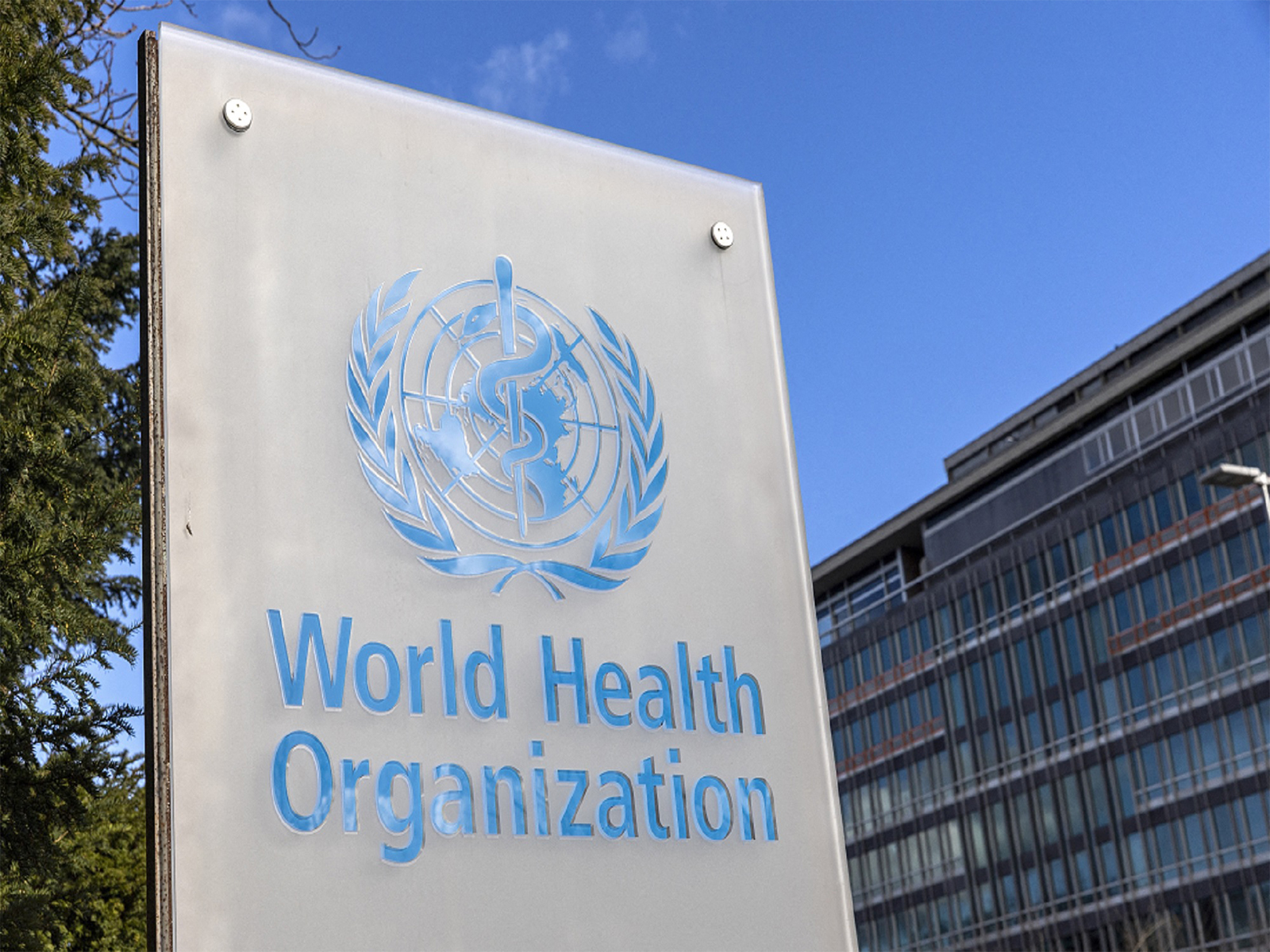
WHO South-East Asia nations adopt Colombo declaration to support healthy ageing
Oct 14, 2025
Colombo [Sri Lanka], October 14 : The Member States of the WHO South-East Asia Region on Tuesday adopted the Colombo Declaration on 'Healthy ageing through strengthened primary health care, aimed at the health and well-being of its ageing population, which is expected to double by 2050.
Speaking at a ministerial roundtable during the ongoing 78th Regional Committee session, Catharina Boehme, Officer-in-Charge for WHO South-East Asia, emphasised the importance of older people as valuable contributors to families, communities, and economies when they remain healthy and functional.
"Older people, when in good health and with functional ability, are vital assets and continue to enrich families, communities, societies and economies. Primary health care is the most inclusive, effective, and efficient pathway to achieve universal health coverage, ensuring that older people can live long, healthy, productive and meaningful lives," said Boehme.
The Ministers of Health and other senior representatives of the Member States, along with WHO Director-General Tedros Adhanom Ghebreyesus and regional experts, participated in the ministerial roundtable.
The Colombo Declaration calls for embedding healthy ageing in national policies and PHC-oriented health systems, ensuring accessible, equitable, integrated and age-responsive services across the continuum of care, from health promotion and prevention to rehabilitation, long-term care and palliative care.
"The Ministerial Declaration is a framework for concrete action, aligned closely with the Regional Strategy for Healthy Ageing 2024-2030, which identifies four priority areas -combating ageism, fostering enabling environments, delivering integrated person-centred care, and ensuring access to long-term care. Together, these form a comprehensive foundation on which Member States can strengthen and build policies and programmes that effectively respond to the realities of ageing," she said.
The Declaration emphasises strengthening the health and care workforce by building geriatric and gender sensitive competencies, supporting paid and unpaid caregivers, and enabling multidisciplinary, community-based teams to deliver quality health and well-being care and services to older people at all stages.
It calls for prioritising adequate resource allocation for policies and programs for older people by exploring innovative financing, public-private partnerships, and cross-ministerial cost-sharing mechanisms to support financial protection and universal coverage.
"Lasting progress will depend on increased domestic investment. Healthy ageing must be embedded in national budgets, health plans, and social protection systems," Boehme said, adding, "Broader partnerships are essential. Development banks, civil society, the private sector, academic institutions, and philanthropies have vital roles to play in mobilising resources, driving innovation, and scaling solutions."
The Colombo Declaration calls for integrated, right-based, person-centred and gender sensitive care for older persons tailored to their needs, preferences, and choices; strengthening data systems to inform, monitor and recalibrate programs; and harnessing digital health innovations to improve access, efficiency, and quality of care.
Adopting the Declaration, the Member States committed to combat ageism through laws, inclusive policies, public sensitisation and education, and intergenerational initiatives that challenge stereotypes and discrimination, while fostering respect, dignity and solidarity between generations.
The WHO South-East Asia Region is witnessing a rapid demographic shift. With Member States' collective achievements in extending life expectancy and expanding health-care access and well-being initiatives, the population aged 60 years and above is projected to nearly double from 11.3 per cent in 2024 to 20.9 per cent in 2050.
The Ministerial Round Table was preceded by a 'Participatory Dialogue' on 12 October with older people, caregivers and representatives from communities from across the Region. Recommendations from the dialogue have been embedded in the declaration to ensure that the lived realities of older people are reflected in commitments made in the declaration. "Their testimonies powerfully underscored that ageing is not merely about adding years to life, but about adding life to years--about dignity, purpose, and inclusion," Catharina Boehme said.
"Let us move forward with shared purpose. Together, we can build inclusive, resilient, and sustainable health and care systems--systems that uphold dignity, ensure security, and provide purpose to older persons for generations to come," she said.

